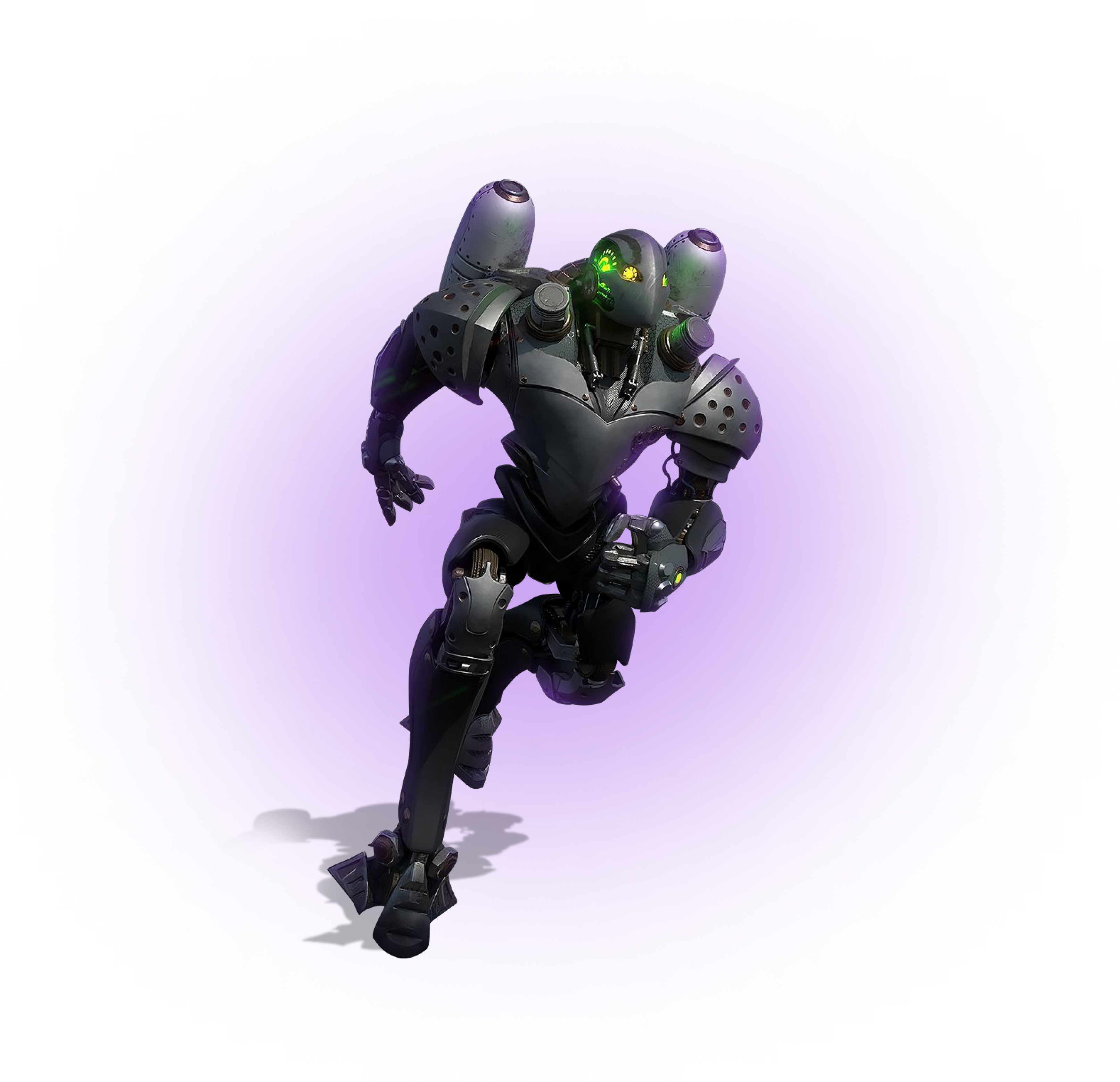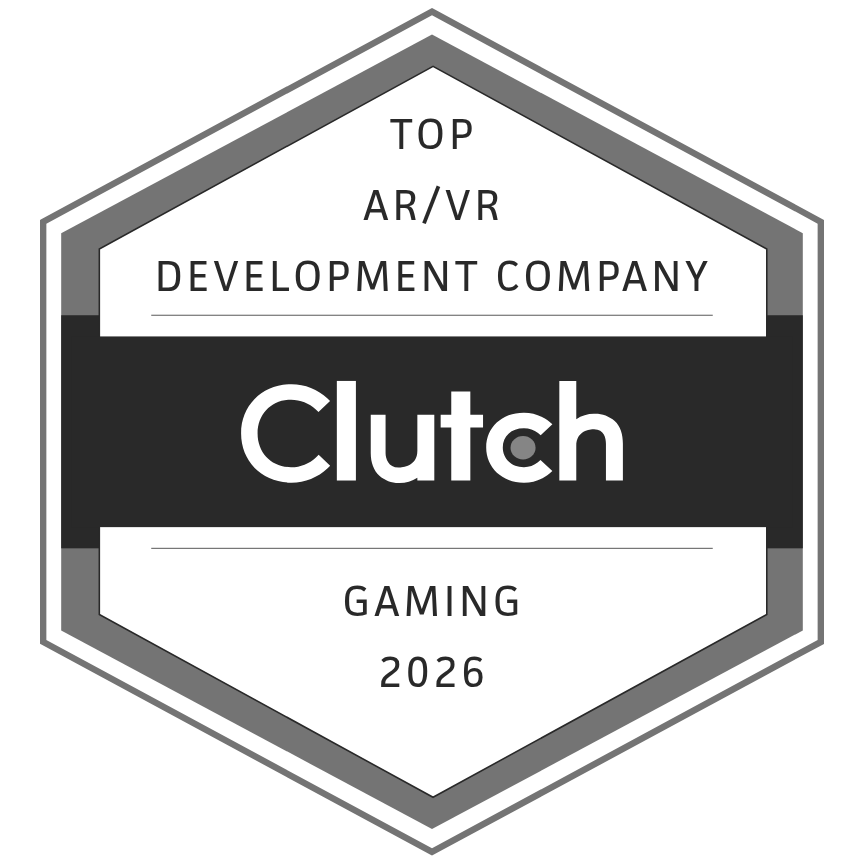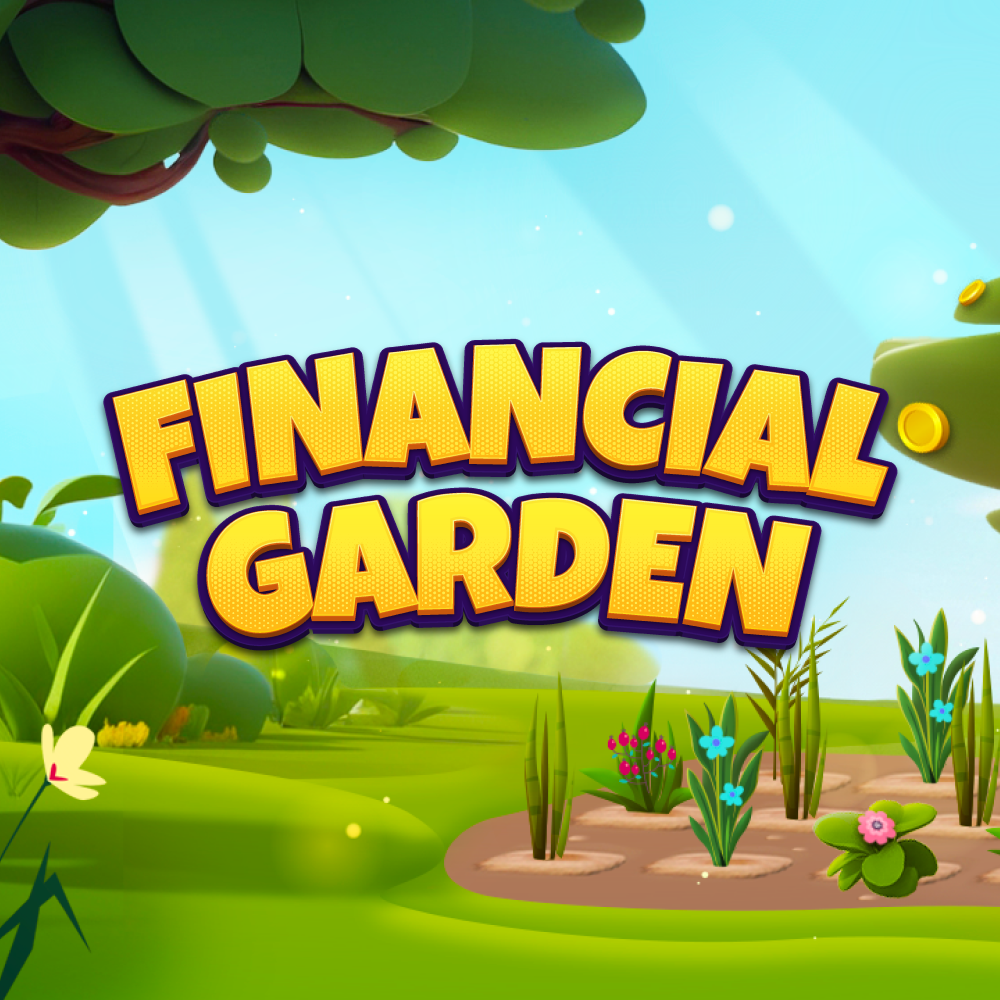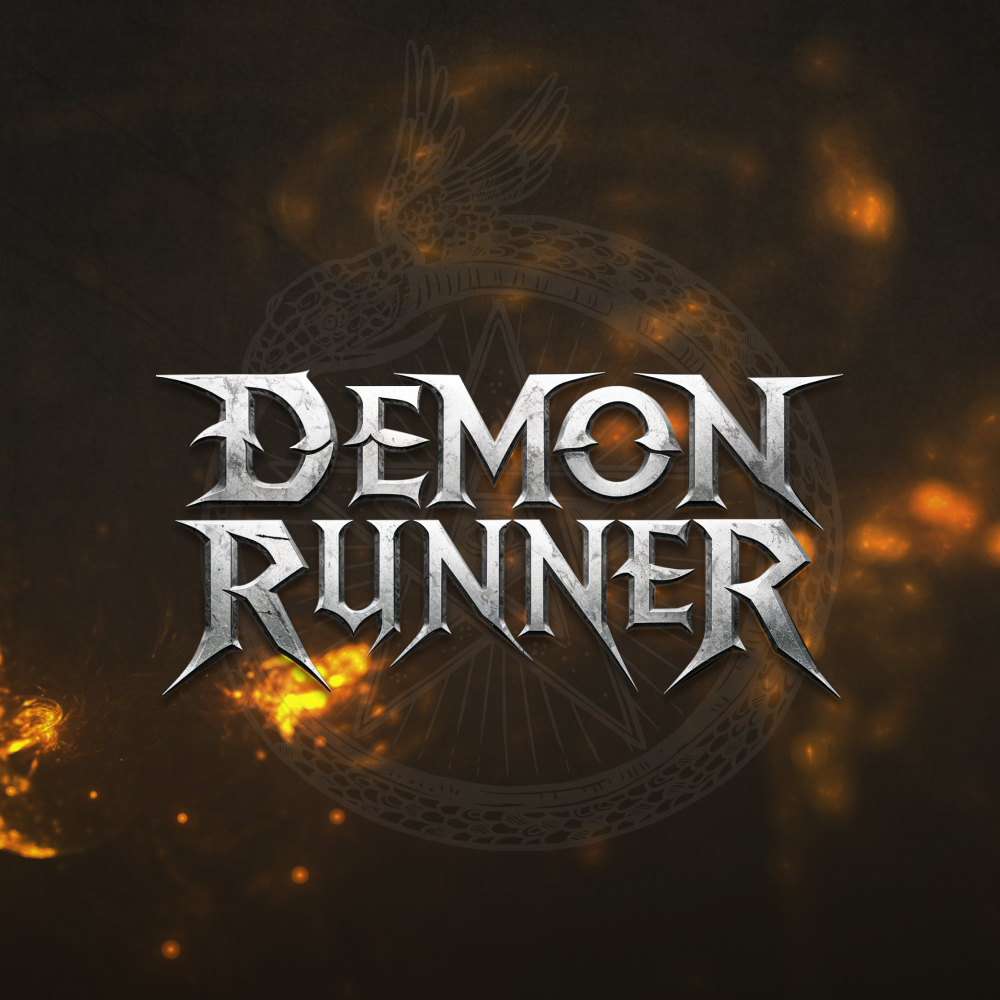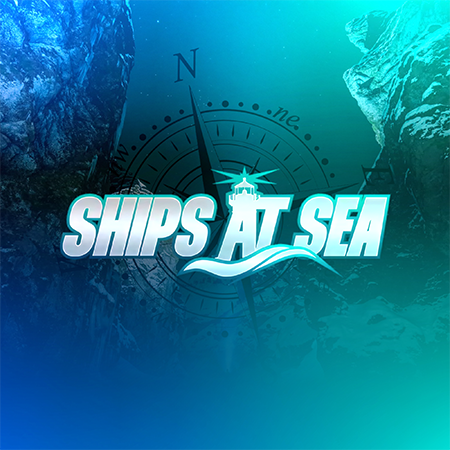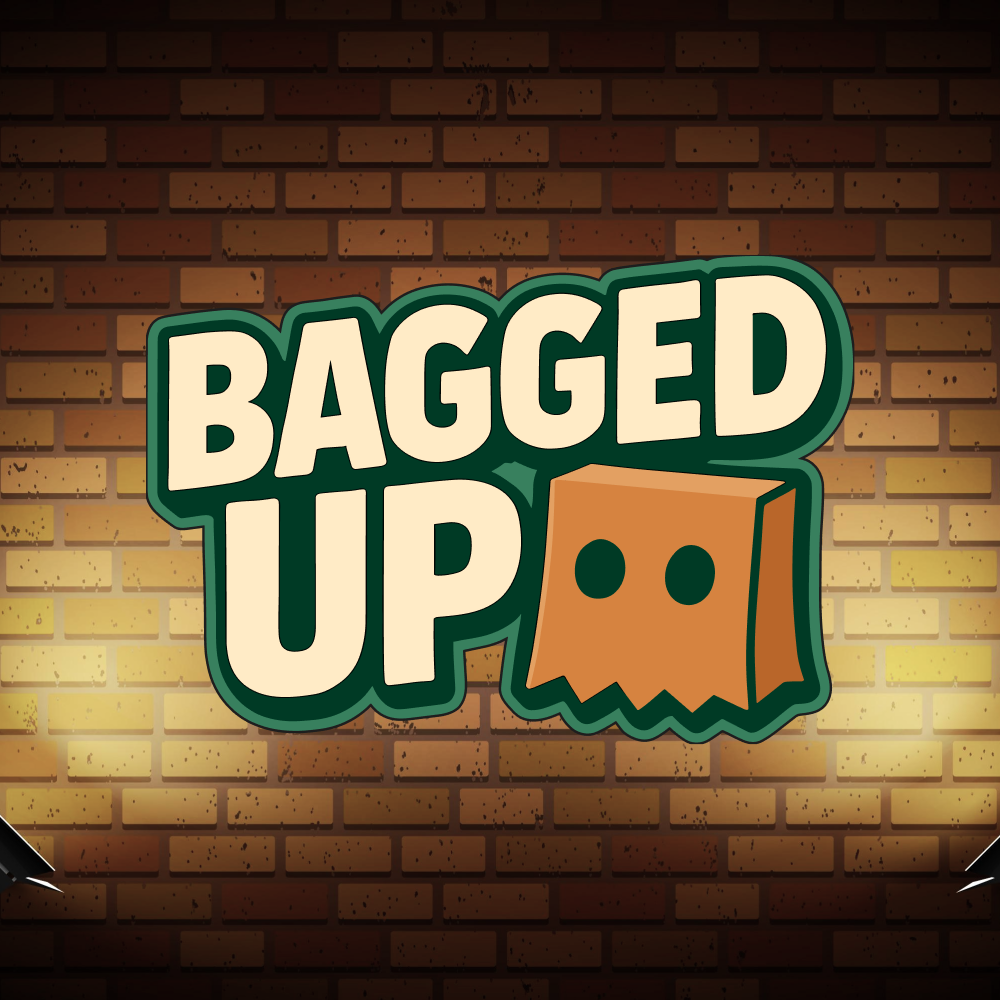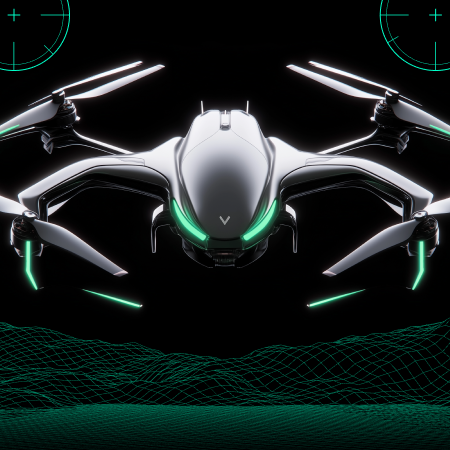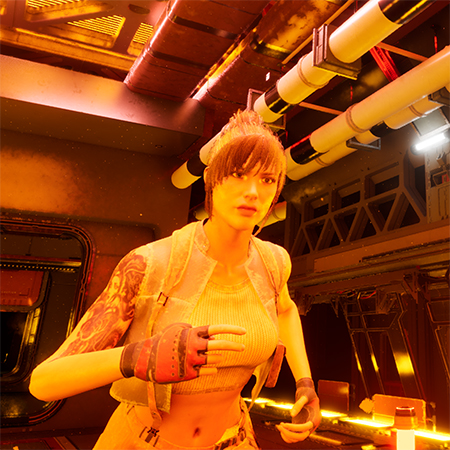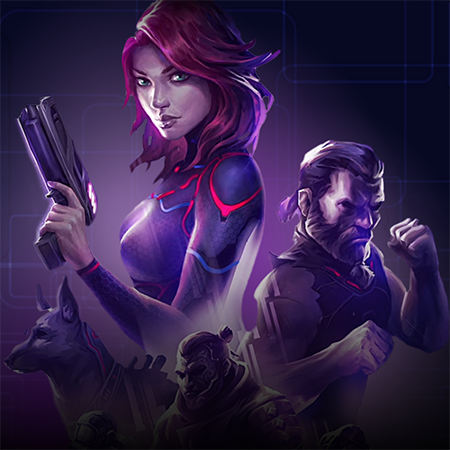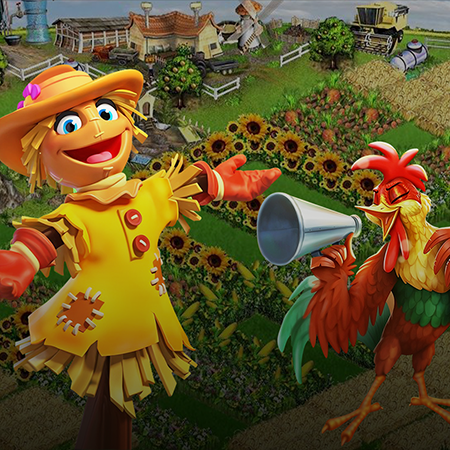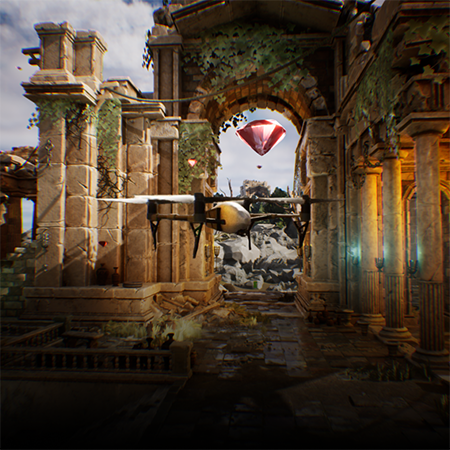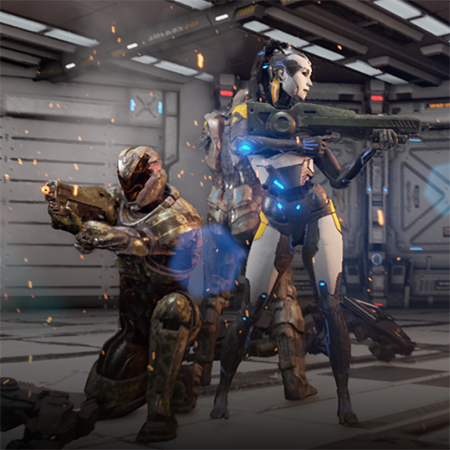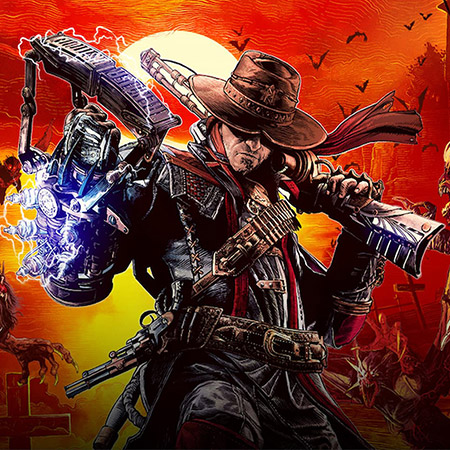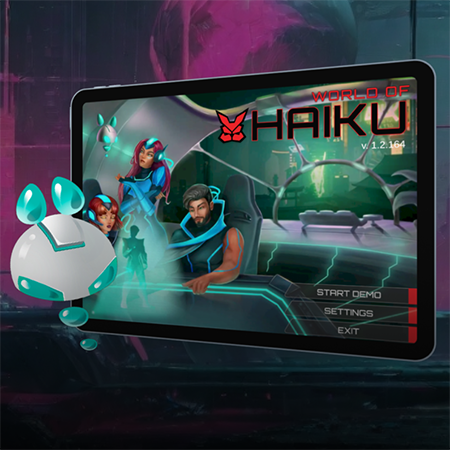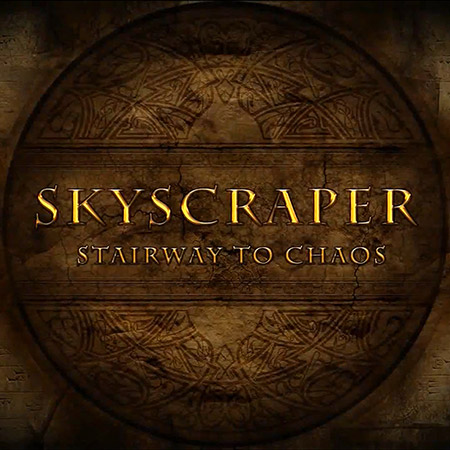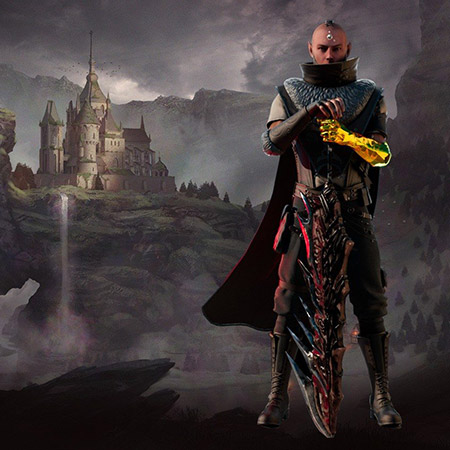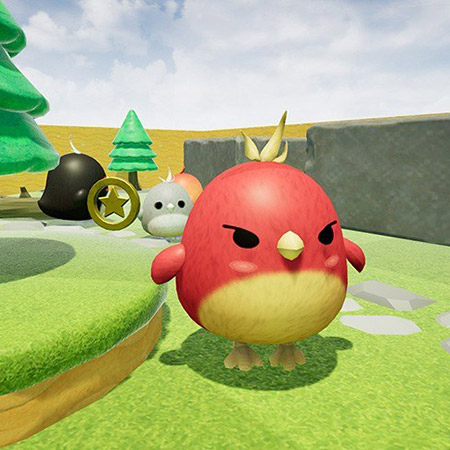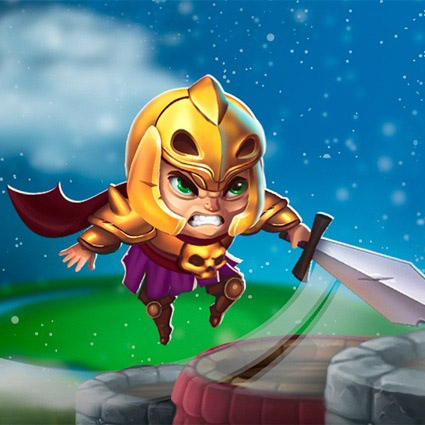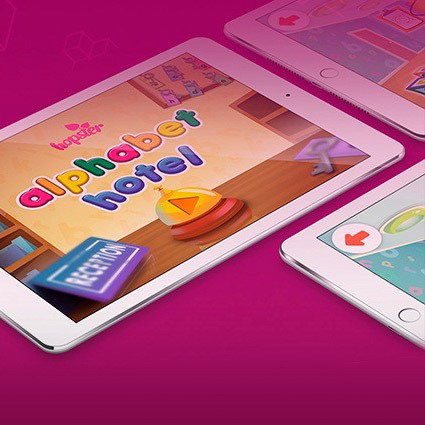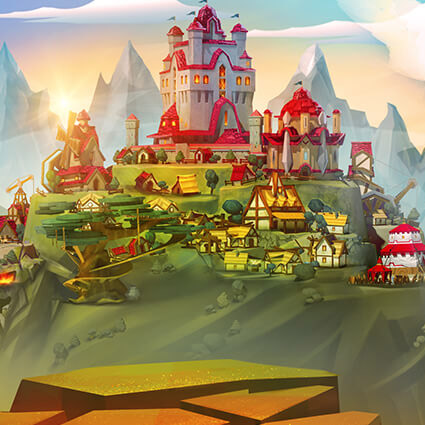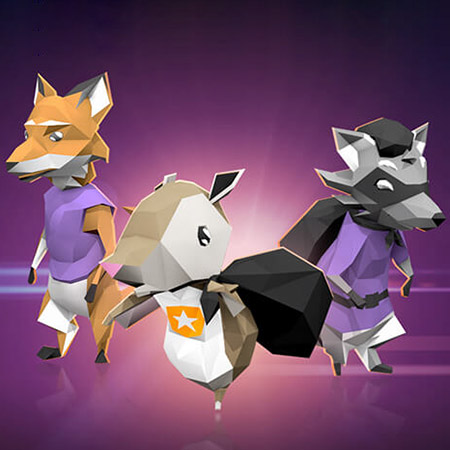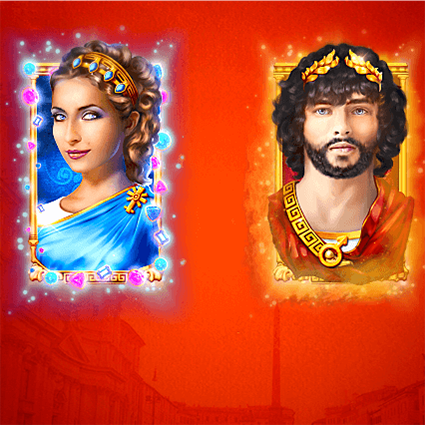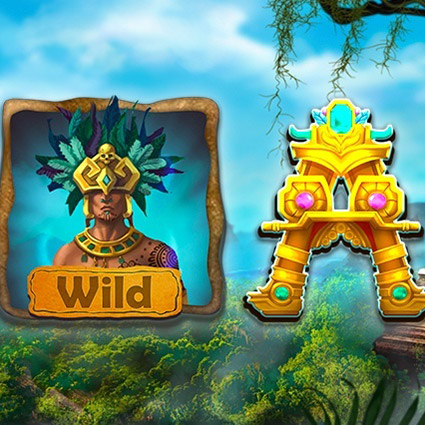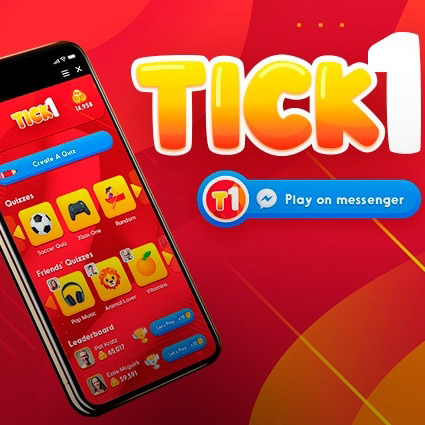With the popularity of NFTs reshaping the digital entertainment sphere, we are witnessing exponential growth in the number of games rooted in blockchain technology. These games, known as NFT games, are not just about entertainment; they represent a new frontier where gaming meets the blockchain. A key driving force behind this surge is the play-to-earn model. This innovative approach allows players to accumulate cryptocurrencies such as Ethereum by triumphing in various in-game challenges, battles, or competitions, making NFT games increasingly sought after.
So, what are NFT games? It's essential to understand their core mechanics. NFT games are essentially games where the gameplay involves earning NFTs (non-fungible tokens). These tokens, unique and immutable, are earned through competition with other players or even non-player characters (NPCs). On the technical side, these games are intricately linked to decentralized digital ledgers underpinned by blockchain technology. This connection ensures the authenticity and exclusivity of the NFTs players earn.
NFT games are not confined to a single platform; they have proliferated across various gaming platforms, including mobile, console, and desktop. This diversity is a testament to the versatility and widespread appeal of NFT games. Every NFT game development company is now focusing its efforts on creating crypto games that are not only visually appealing and engaging but also provide tangible crypto-earning prospects for players. These companies are at the forefront of blending captivating game mechanics with the lucrative world of cryptocurrency, ensuring that players have both an enjoyable and potentially rewarding gaming experience.
What Are NFTs?
The NFT gaming industry is more than just a passing trend; it's a paradigm shift in how we perceive and interact with digital games. The incorporation of NFT in gaming is revolutionizing the industry, offering gamers new ways to engage with and derive value from their gaming experiences. As we delve deeper into what NFT in gaming entails, it becomes evident that this is a groundbreaking development, reshaping the very foundations of digital entertainment. NFT games' meaning goes beyond traditional gaming; they are at the crossroads of entertainment, technology, and finance, redefining what games can offer.
Non-Fungible Tokens (NFTs) are unique digital assets verified using blockchain technology. Unlike cryptocurrencies like Bitcoin, each NFT is distinct, with its own specific value and characteristics. This uniqueness is what makes them "non-fungible," meaning they can't be exchanged on a like-for-like basis.
The integration of NFTs into the gaming sector has given rise to a new category known as NFT games. These games allow players to earn, buy, sell, or trade digital assets within the game, which are represented as NFTs. These in-game assets could range from character skins, weapons, or even virtual land parcels, each holding a unique value within the game's ecosystem.
The Impact on Gaming
The inclusion of NFTs in games has revolutionized the player experience and the economic model of gaming. Players now have the opportunity to gain real-world value from their in-game achievements and possessions, a concept that was previously limited to in-game currencies without any external value.
Key Features of NFTs in Gaming:
- Ownership. Players have verifiable ownership of the unique items they acquire in games, which are stored on the blockchain.
- Exclusivity. Each NFT has unique properties that cannot be replicated, providing a sense of exclusivity for the owner.
- Interoperability. Some NFTs can be used across various games and platforms, enhancing their utility and value.
The NFT gaming industry is witnessing significant growth, with developers and companies leveraging this technology to create more engaging and rewarding experiences. NFT meaning in games has evolved from being merely a digital collectible to a valuable asset that can be traded or sold in external markets.
So, what are NFT games?
These are games where NFTs play a central role in the gameplay. In these games, players can earn NFTs as rewards, purchase them within the game, or trade them with other players. The value of these NFTs can fluctuate based on the game's popularity, the item's rarity, and overall market demand.
The NFT gaming industry is not just a niche sector anymore; it's becoming a significant part of the broader gaming market. This industry has opened new revenue streams for developers and provided gamers with new forms of interaction and economic participation.
Economic Model. The economic structure of NFT games often includes mechanisms for players to earn real money through their in-game activities. This model, known as play-to-earn, has gained popularity, especially in regions where traditional gaming markets are saturated.
Future Prospects. Looking ahead, the NFT gaming industry is poised for further innovation and growth. As blockchain technology becomes more mainstream and accessible, we can expect a surge in the development of new NFT games and the expansion of existing ones.
In summary, NFTs are transforming the gaming landscape by introducing unique digital assets that hold real-world value. What are NFT games? They are the new gaming frontier, where players enjoy immersive experiences and engage in an economy that extends beyond the virtual world. The NFT gaming industry is at a pivotal point, with the potential to significantly impact how games are developed, played, and valued.
How Do NFT Games Work? — The Gist of It
In 2023, the meaning and operation of NFT games have become increasingly pertinent in the digital domain. Each NFT game is intricately designed on blockchain technology, ensuring that every gameplay detail is securely stored on a digital ledger. This not only guarantees transparency in gaming transactions but also fortifies cybersecurity measures. The recording of game assets and their ownership on the blockchain solidifies the authenticity and verifiability of each in-game item.
The inherent nature of NFTs, which signifies that no two tokens can be identical or replace each other, empowers blockchain technology to ascertain the ownership of unique in-game assets accurately. Players acquire these distinct collectibles inside NFT games through smart contracts, gaining not just in-game value but also the possibility to convert these tokens into real money.
However, the value of these NFTs and, consequently, the NFT gaming industry is subject to the prevailing market demands and fluctuations within the industry. In 2023, the NFT Gaming Market is estimated at $410.92bn and is expected to reach $820.78bn by 2028, growing at a CAGR of 14.84% during the forecast period. This growth highlights the increasing relevance and potential of NFTs in gaming.
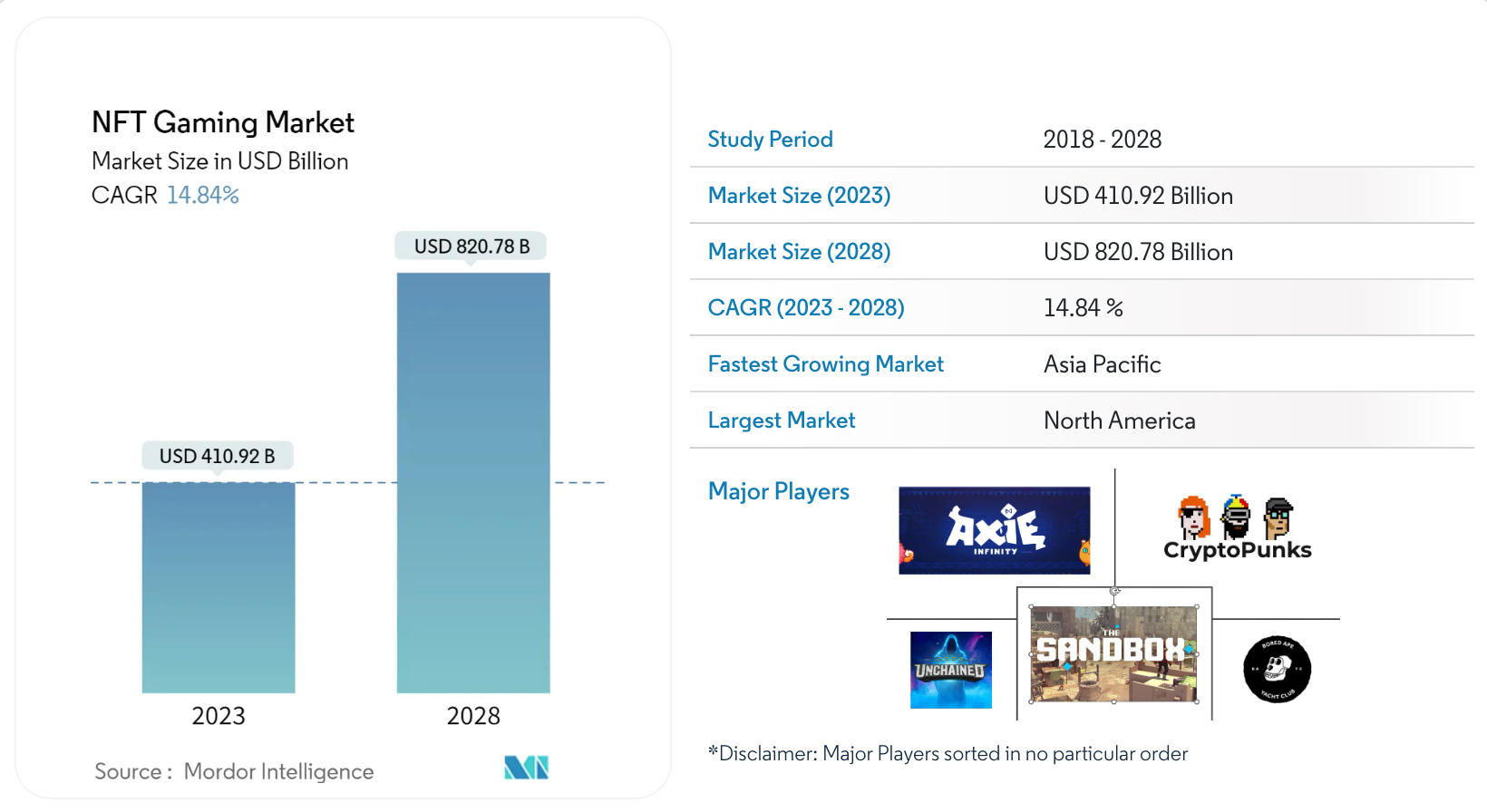
NFTs offer several advantages in gaming ecosystems. For instance, in traditional games, an armor upgrade would only enhance gameplay within that game. In contrast, in an NFT-based game, the same armor can be tokenized into a transferable asset, offering benefits across connected games or even traded for cash or other digital assets. Additionally, collectible NFT games utilize the rarity and scarcity of digital assets to heighten player engagement and investment, incorporating elements like randomized rewards and limited-time availability.
Despite the burgeoning popularity of NFTs, there are challenges, including copyright issues, intellectual property concerns, environmental impacts, and security risks. These challenges pose questions about whether NFTs will achieve mainstream acceptance or remain a niche market.
Regarding the interest in NFT games among game developers, a 2023 survey indicated a significant disinterest. 75% of game developers globally reported a lack of interest in utilizing blockchain technologies such as cryptocurrency, NFTs, and Web3 for their games. Only a small fraction, 2%, stated that their studios were actively using such technologies in their gaming projects.
This data suggests that while the potential and interest in NFT gaming are growing, there's still a considerable portion of the gaming industry that still needs to be more confident and engage with the concept. For those who do venture into NFT gaming, the market presents a lucrative opportunity. The limited competition and pioneering advantage in the NFT gaming industry could lead to significant gains for early adopters.
To further enhance NFT gaming projects, integrating them into the metaverse could be a strategic move. This requires expert guidance and metaverse consulting services, as the transition involves complex technological and strategic planning.
Ultimately, the NFT gaming industry 2023 is at a critical juncture, with immense growth potential, but also facing significant challenges and skepticism from a large portion of the gaming development community. Integrating NFTs in games transforms the gaming experience, adds value, and creates new economic models within the digital gaming space.
Examples of Quality NFT Games
NFT gaming platform development is rapidly emerging as a highly lucrative sector, drawing significant attention due to the growing excitement and interest in NFTs. This burgeoning field is witnessing numerous game studios, each dedicated to crafting blockchain-based games, signaling a vibrant future for the NFT gaming industry.
The allure of NFT gaming platforms lies in their unique offering: the integration of blockchain technology, which allows for the creation of unique, tradable digital assets within games. These assets, known as NFTs, are distinctive in that they cannot be replicated or replaced, providing a unique sense of ownership and value to players. As a result, games developed on these platforms are not just about the gameplay experience but also about the collection and trading of these valuable digital assets.
This innovative approach to gaming has led to a surge in the number of studios specializing in NFT games. These studios focus on developing engaging gameplay mechanics and exploring ways to integrate NFTs into the gaming experience seamlessly. The result is a new genre of games that blends traditional gaming elements with the novel concept of digital asset ownership and trade.
Among these, several upcoming releases have garnered considerable anticipation within the gaming community. These games promise to offer immersive experiences enhanced by the unique benefits that NFTs bring to the table. Each game is a testament to the creativity and technological prowess of its developers, pushing the boundaries of what is possible in digital entertainment.
The NFT gaming industry is at a pivotal moment, with these upcoming releases poised to propel its growth further. As the market for NFT games expands, developers are continually seeking innovative ways to captivate players, ensuring that each new release is not just a game but a unique digital experience.
NFT gaming platform development is not just a trend but a transformative movement in the gaming sector. With a growing list of highly anticipated games on the horizon, the industry is set to offer groundbreaking experiences that merge traditional gaming with the exciting world of NFTs. This fusion not only enhances the gaming experience but also opens up new avenues for digital asset ownership and trade, marking a significant evolution in how games are played and valued.
Nomadland
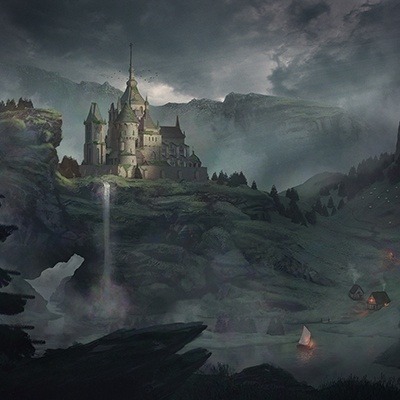
By discovering the Nomad Land Island, players will be able to build farms, purchase land, and fight epic monsters in exchange for non-fungible tokens. As an action RPG combined with a strategy, this NFT game will be also based on blockchain technology, enabling its players to earn tokens, which then can be used for unique weapons, armors, special moves, and super powers.
Illuvium
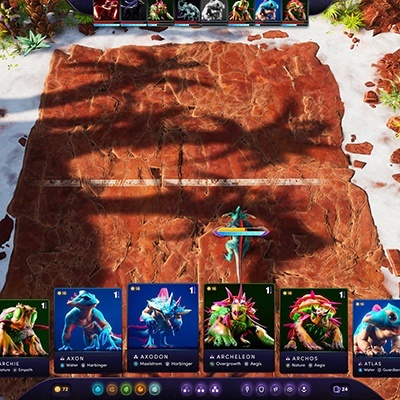
This open-world auto battler, Illuvium, has quickly become a standout title in the NFT gaming industry. After initial delays and missing its first open beta in 2021, the game has since launched and is making waves. Illuvium, which integrates an open-world exploration with an auto battler mechanic, offers players an engaging experience supported by the blockchain.
Silks
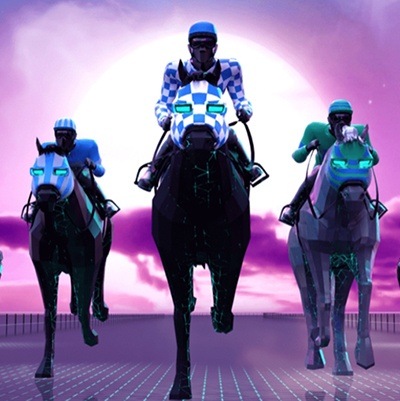
This NFT game developer aims to combine the metaverse reality, Game-Fi, and horse racing to reconceptualize the conventional thoroughbred racing sport. Inside this game, players get a chance to own in-game assets and trade them for real money, which is the gist of the Game-Fi ideology. This fusion creates a unique, immersive, and financially rewarding gaming experience.
Guild of Guardians
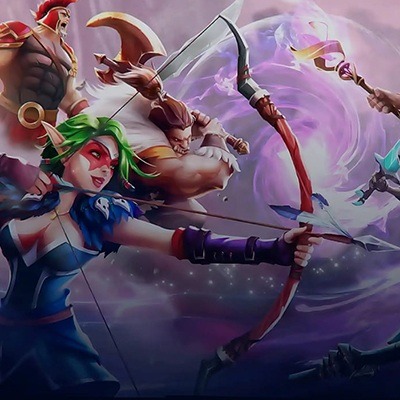
Inside the Guild of Guardians, an epic fantasy RPG, players can explore the digital realm with dungeons, dragons, orcs, elves, and other mythical creatures. After looting and accumulating resources, you’ll be able to buy and sell NFTs in the form of pets, heroes, as well as other valuable game assets, enhancing gameplay and creating a dynamic economy.
RaceFi
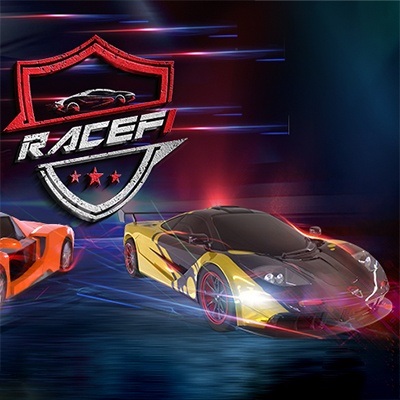
This groundbreaking NFT game stands as a pioneering venture in the digital gaming landscape, being the first of its kind to integrate AI and Machine Learning within a car racing format, all supported by the robust Solana ecosystem. The game is designed to incorporate the increasingly popular play-to-earn model, allowing players to earn rewards through skilled gameplay.
The Meaning Behind NFT Games
The concept of NFT game meaning is capturing the interest of internet users globally, mainly due to the significant investments funneling into the GameFi sector. This innovative blend of gaming and finance is poised to alter the gaming industry radically. NFT games, extending beyond the play-to-earn model, are increasingly likely to evolve into fully realized metaverses. These metaverses represent a new frontier, merging traditional game mechanics with extended reality (XR) technologies and blockchain foundations.
Most modern NFT games operate on platforms like Ethereum or Binance Smart Chain, offering diverse experiences. Leading games in this domain, such as Axie Infinity, provide players with a unique player-vs-player (PvP) environment, where success in the game translates to real-world cryptocurrency rewards. The NFT gaming industry, with these advancements, is not only creating immersive gaming experiences but also opening new avenues for financial engagement and investment.
Thus, metaverse consulting services are becoming crucial for navigating the complexities of integrating gaming with blockchain technology. They offer expertise in blending virtual worlds with real-world economics, a key aspect of the NFT gaming industry's future. As NFT games continue to grow in popularity and sophistication, they are setting new standards in the digital gaming space, marking a significant shift in how games are developed, played, and monetized.
How to Start Getting the Benefits of GameFi?
Based on the P2E philosophy, GameFi combines the best of both worlds. It embraces entertaining game mechanics, NFTs, cryptocurrency, and blockchain to provide players with the most intriguing experience ever. The very idea of gaining financial profit as you play is revolutional.
Players can benefit from NFT games by merely downloading the product that supports GameFi, registering a crypto wallet account, and using it, say, as a Google Chrome extension. One of the most widely employed is MetaMask. By linking it to a game of your preference, you’ll be able to accumulate cryptocurrency while playing.
NFT game owners can also reap the benefits of GameFi by attracting interested venture capitalists and occupying new market niches while they are still unflooded. More specifically, you can monetize your crypto game not only directly from NFTs but also through additional services, selling rare collectibles, and conquering new industry prospects.

The NFT Games Industry in 2024: Statistics & Forecasts
The NFT gaming industry, as of 2023, is not only thriving but also expanding rapidly, showcasing a remarkable growth trajectory. DappRadar's 2021 report highlighted that NFTs associated with games generated almost $5bn in revenue. However, the market has seen significant growth since then, with the NFT Gaming Market size estimated at $410.92bn in 2023 and projected to reach an astounding $820.78bn by 2028. This represents a compound annual growth rate (CAGR) of 14.84% during the forecast period (2023-2028).
NFTs, serving as unique digital assets powered by blockchain technology, are transforming the gaming industry by enabling true player ownership and offering the potential for scarcity, interoperability, and immutability. The uniqueness and indivisibility of these tokens make them highly valuable within the gaming ecosystem.
For instance, in traditional gaming, a player's in-game purchase, such as armor, only benefits gameplay within that specific game. In contrast, NFT games allow such items to be tokenized, turning in-game purchases into transferable assets that can have utility across different games or be traded for cash or other digital assets.
The global play-to-earn NFT games market size is forecasted to reach a staggering $8.86bn by 2028, underlining the vibrant potential and growth prospects of the market. This substantial growth is driven by the unique gameplay mechanics and monetization strategies offered by blockchain-based games, which gained traction during the COVID-19 pandemic as people sought online entertainment during lockdowns and social isolation measures.
The NFT gaming industry is not without its challenges, including issues related to copyright, intellectual property, environmental impact, and security risks. These challenges present hurdles in the path to widespread mainstream acceptance of NFTs in gaming. Furthermore, the increasing move toward the metaverse is expected to boost the demand for NFT games. The concept of metaverses, which involves games emerging from NFT ecosystems, adds another dimension to the gaming experience, offering players more options and engagement opportunities.
In North America, the growth of the NFT gaming market can be attributed to the presence of major industry companies and a community of technology enthusiasts. The supportive regulatory framework for blockchain technology and cryptocurrencies in this region also contributes to the market's expansion. Many game developers are creating their own NFT marketplaces, allowing players to monetize their in-game assets on secondary markets.
Finally, the NFT gaming industry in 2023 is characterized by rapid growth, innovative gameplay mechanics, and an expanding market. Creating NFT games may, of course, prove a challenging endeavor as well. Therefore, you might need a long-term partner prepared not only to develop an NFT game for you but also support this project afterward.
The Future of NFT Games
The trajectory of NFT games is charting a course toward an innovative fusion of traditional gaming dynamics, GameFi elements, blockchain technology, XR (extended reality) technologies, and expansive metaverses. This holistic approach ensures that all stakeholders, including developers, players, and investors, reap substantial benefits from blockchain-based projects. The core mission within the NFT gaming industry now focuses on creating a synergy that amplifies value and enhances player engagement.
The play-to-earn (P2E) model, a pivotal component of NFT games, is set to revolutionize the market landscape. It's expected to influence major gaming titles to integrate similar innovative elements into their core gameplay. This shift signals a move towards greater interoperability within the NFT gaming industry, suggesting that collectibles earned in one game could seamlessly be utilized in other games that operate on the same blockchain network. Such interoperability enhances the gaming experience and adds tangible value to the collectibles, making them more versatile and desirable.
In addition, metaverse consulting services are increasingly crucial in this evolving sector, guiding creators to merge virtual environments effectively with blockchain technology. These services aid in navigating the complexities of integrating various gaming elements into cohesive, immersive experiences. The focus on interoperability within the NFT gaming industry is particularly significant, as it paves the way for NFTs to transcend individual games, allowing for a more unified and expansive gaming ecosystem.
Overall, the NFT gaming industry is moving towards a more interconnected and value-driven future, where games are not just isolated experiences but part of a broader, interconnected digital universe. This evolution is marked by a blend of innovation and traditional gaming elements, setting a new standard in digital entertainment.
NFT Games and the Value of Game-Ace Services
Given that GameFi and respective NFT games are only yet to reach the peak of their performance and popularity, anyone can quickly jump in with their own projects. Finding a trustworthy full-cycle NFT game development studio may turn out to be a tough challenge, though. Well, Game-Ace is already there for you and got all things set to create a holistic NFT game that will broaden your audience, endowing it with even more value.
What you can do to launch your crypto-based project without delay is merely get in touch with us and then discuss all your expectations during an interview.
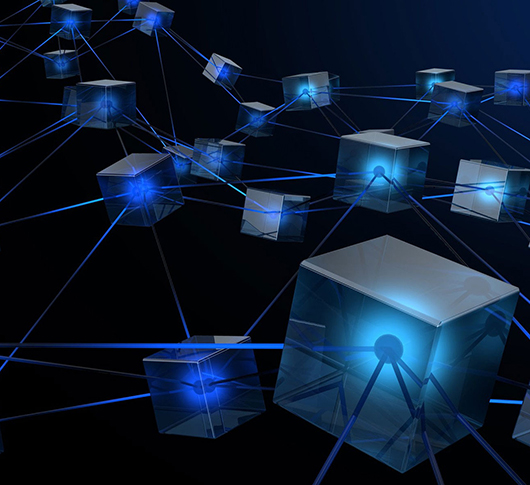 All About Web3 Gaming
All About Web3 Gaming 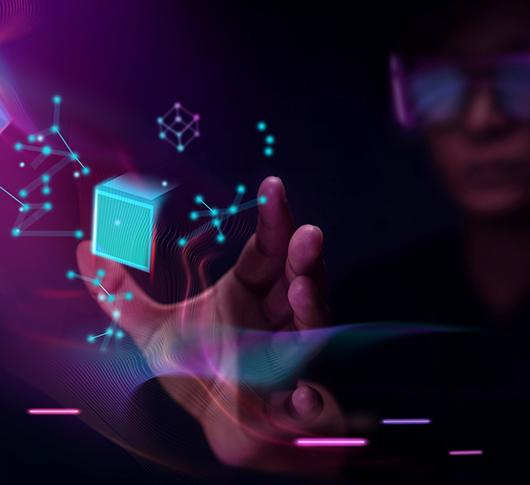 What Is a Blockchain Game? A Complete Overview
What Is a Blockchain Game? A Complete Overview 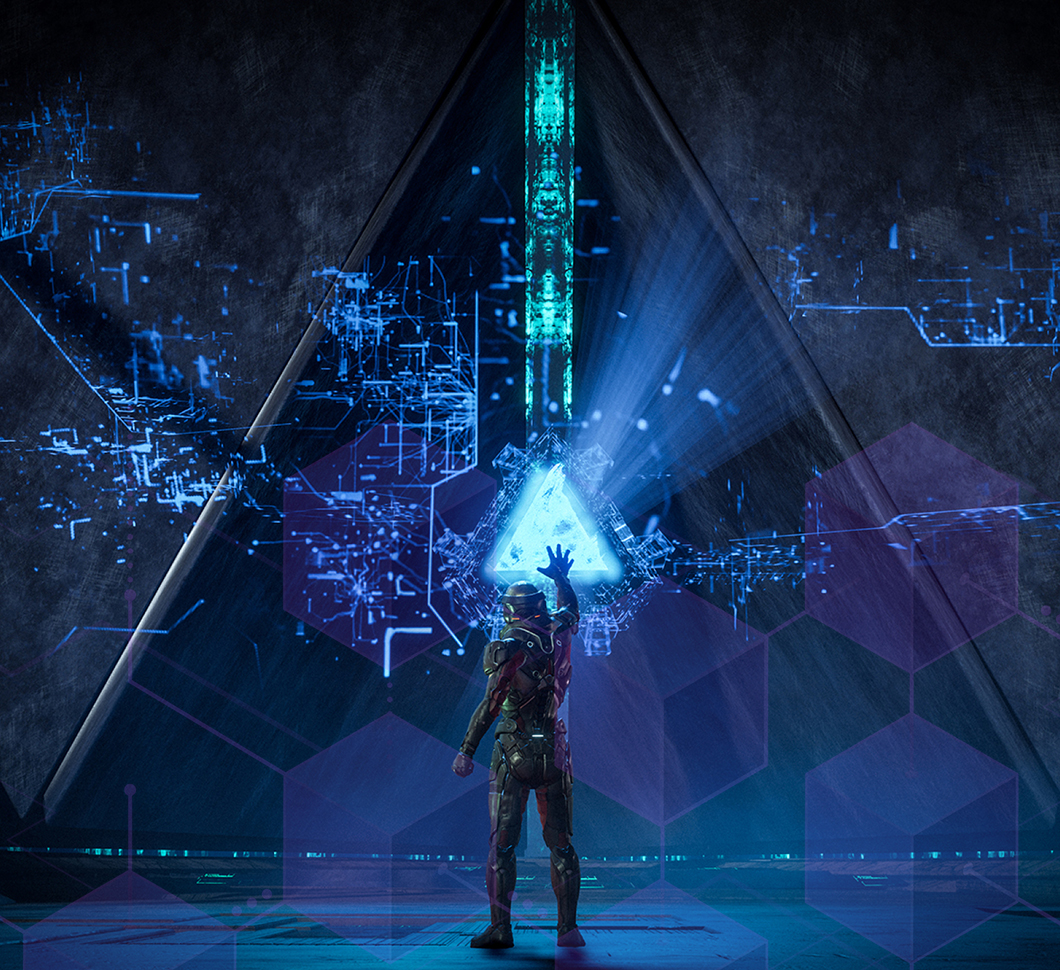 Top Blockchain Gaming Companies of 2025
Top Blockchain Gaming Companies of 2025 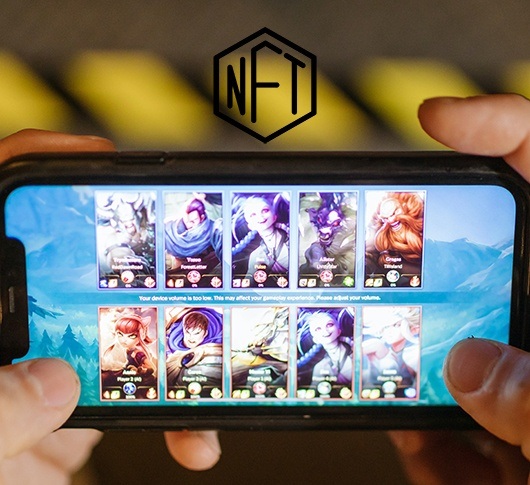 How Do NFT Games Work? Common Questions Answered
How Do NFT Games Work? Common Questions Answered 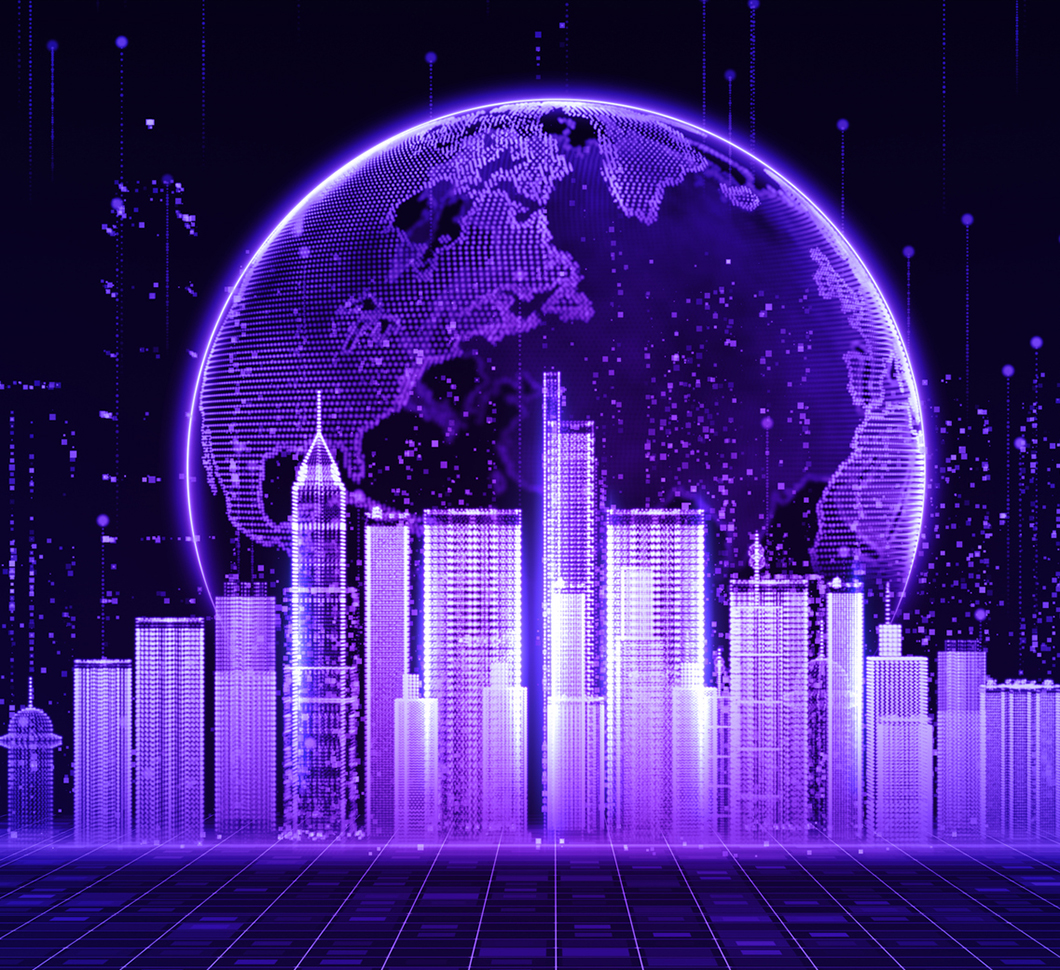 Top Web3 Gaming Companies That Will Help You Enter the Web3 Market
Top Web3 Gaming Companies That Will Help You Enter the Web3 Market 